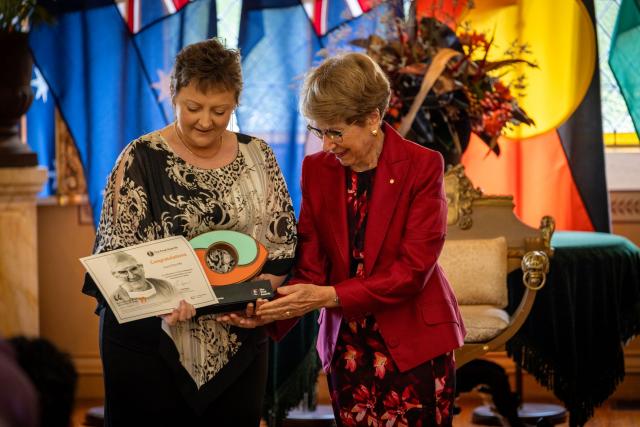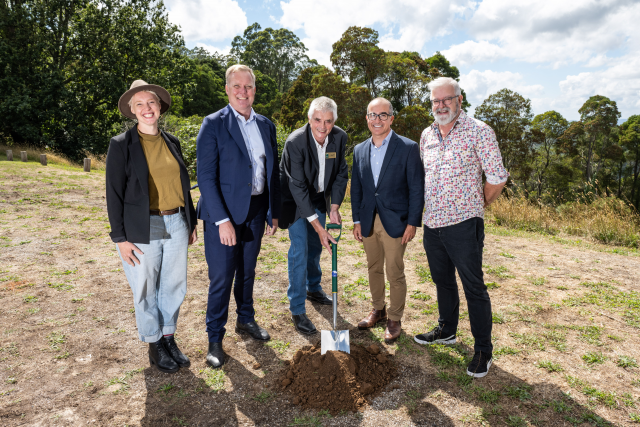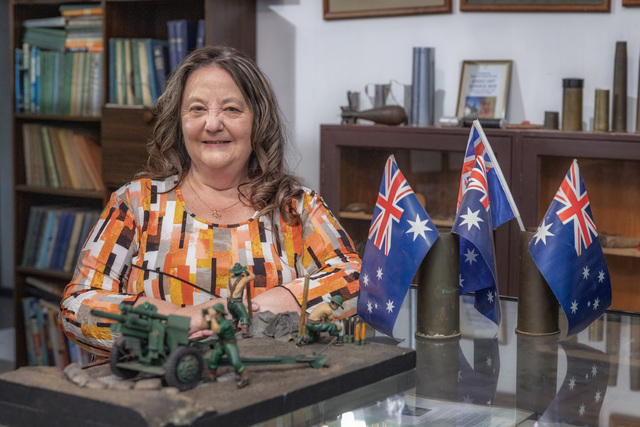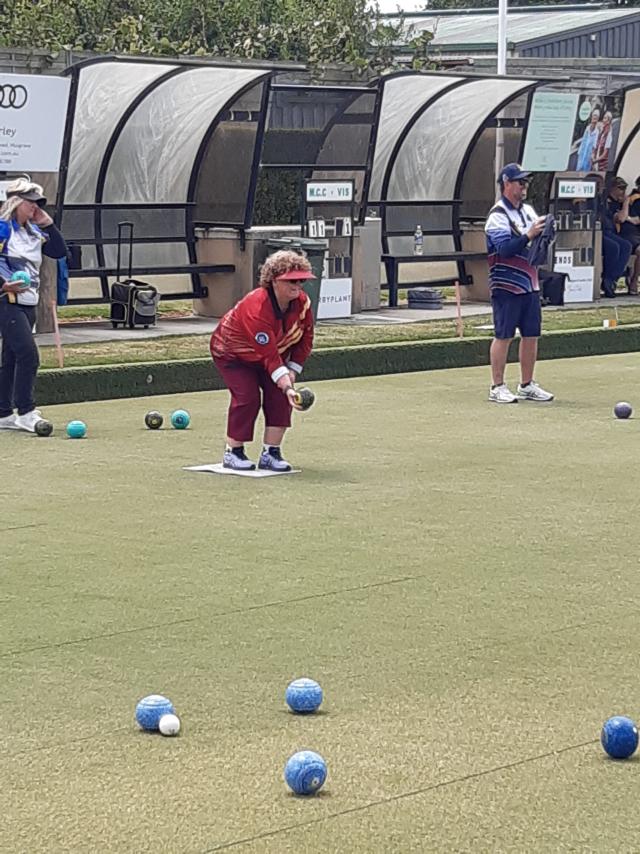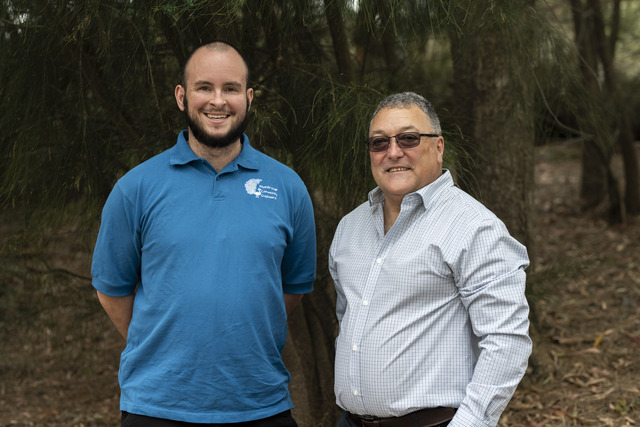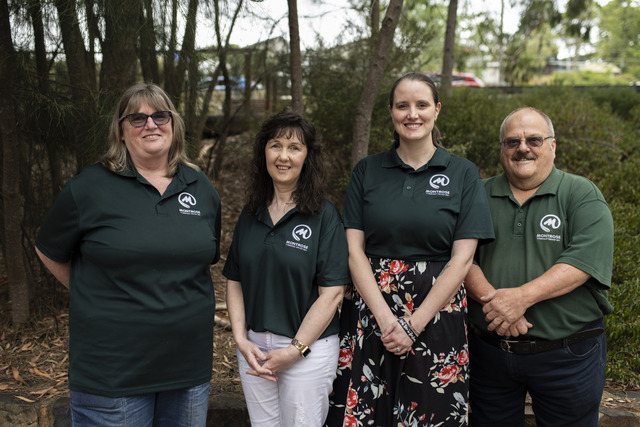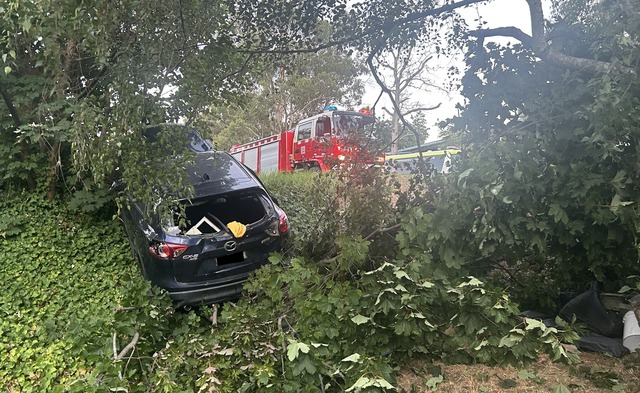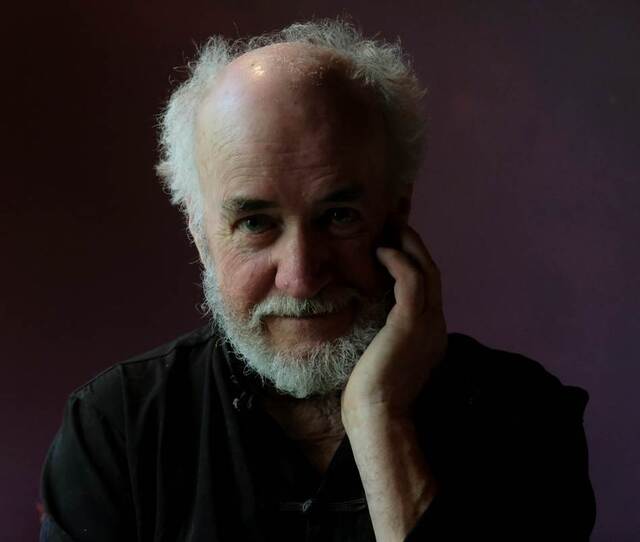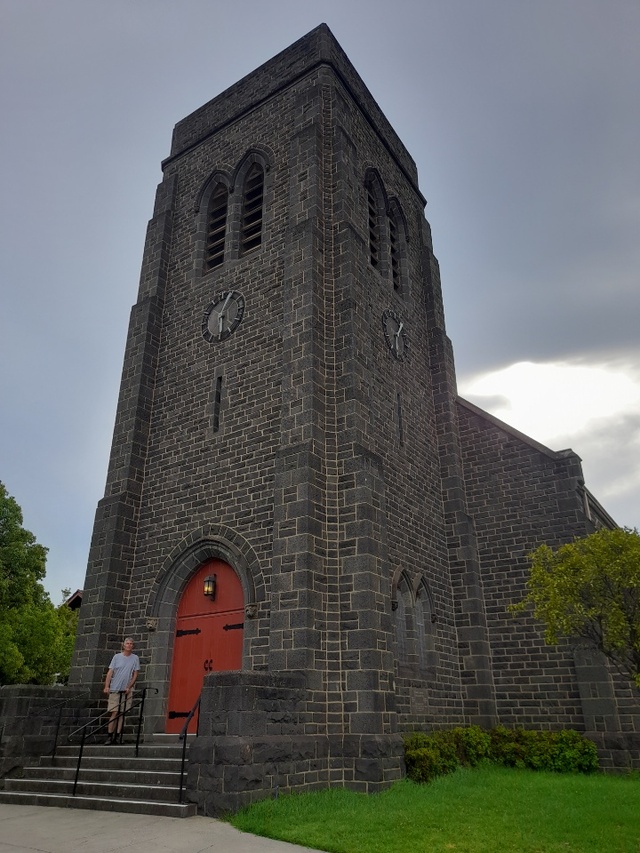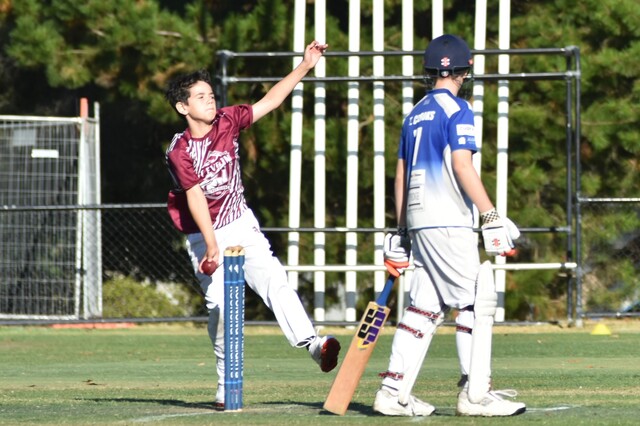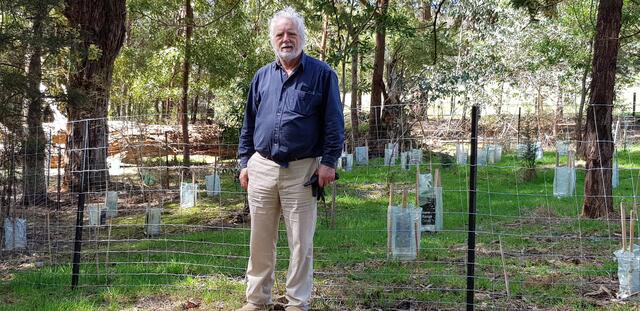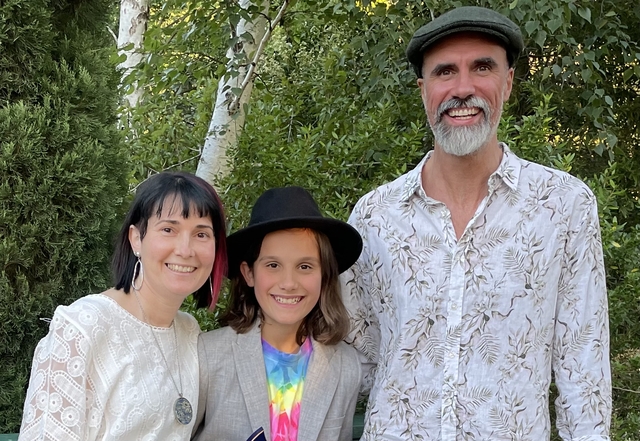What began as a way to memorialise the unsolved disappearance of her sister has grown to be a nationwide missing persons register, garnering the recognition of the Fred Hollows Foundation.
Leave A Light On founder and Mount Evelyn resident Suzie Ratcliffe was announced as Humanitarian of the Year at the Fred Awards on Monday 27 November.
“It’s quite overwhelming. To be nominated firstly, was a really humbling experience and then to be voted as top three, that in itself was amazing. In my eyes that was a win for me,” Suzie said.
“But to hear my name called, as the winner of the Fred award, I was in shock.”
Being honoured in the same light as someone like Fred Hollows, who Suzie said was just “a fabulous, generous, kind hearted gentleman…is amazing”.
“It just helps us raise that awareness. It’s vitally needed to be on that same sort of platform to reach more people. That’s our ultimate goal,” she said.
“It means we’re raising so much more awareness and reaching so many more people out there in their communities, which is so important and prevalent in trying to raise awareness of long term missing persons.”
Suzie’s sister Joanne Ratcliffe is the face and name of one of Australia’s most well-known, unresolved missing persons cases.
It was 50 years ago this August that Joanne, 11, and four-year-old Kirste Gordon disappeared from Adelaide oval during a football match.
The suspected abduction and murder has perplexed investigators for years on end without any answers.
In 2015, just over 40 years since Joanne’s disappearance, Suzie decided to do anything she could to help other families going through the pain of missing a family member.
“As the years went on my sister’s case wasn’t spoken about as much and it’s one of the greatest fears of all families of a missing person that their missing loved one will be forgotten.
“That’s how we were feeling, that time was slipping by and people pass away, allegiances crumble. We were given a million dollar award in 2014 for my sister’s case and it got me in contact with a few other families that didn’t have a reward.
“After listening to their story and hearing about how they got very little, if any publicity regarding their case, it made me realise we were lucky, for want of a better word in the fact that my sister’s case garnered quite a lot of media attention, especially in South Australia.
“And there were so many other families that didn’t have that publicity, that didn’t get that media and that didn’t raise that awareness. I just thought I can use our negative to be able to create a positive.”
Having wanted to do something to memorialise her sister for quite a long time, Suzie realised she could go “bigger and better than that, we could not just encapsulate Jo but all the missing persons here in Australia”.
Hosting an event in October encouraging people to leave a light on “in memory of missing persons and to raise hope that their families won’t be forgotten” it has now grown to a 40,000 strong community on Facebook.
“It’s only fitting we called it Leave A Light On because after my sister disappeared, mum and dad would leave the front porch light on in the hope that if she ever came home, she’d see that light shining bright and know we would be waiting for her,” Suzie said.
Using her connections with other missing persons organisations and groups, as well as being shared the stories from families themselves, Leave A Light On aims to raise awareness around the disappearances of people, while commemorating the milestones.
“Over the years we’ve been in contact with quite a lot of families and family members, we’ve been able to help instigate rewards for a number of families.
“Just recently we were able to help raise money for Jessica Small’s family to be able to replace the memorial tributes that had been vandalised.
“It might not seem like much for some but for a family member seeing a memorial they have dedicated to their mission person then be vandalised and treated so poorly, it’s really heartbreaking.”
For others it’s a phone call or text to Suzie that’s needed, just to know that the person on the other end understands the pain of not knowing what happened to their loved one.
“We’ve been able to connect a number of families with other like minded families that are going through the same and it gives them a point of contact to speak with other families because it’s hard for friends and people who haven’t had to go through it personally.
“They don’t understand that 20, 30, 40, even 50 years later, you’re still not moving on. But it’s something you can’t move on from, it’s just like you’re living in limbo.
“For the family to be able to connect with others who know exactly what they’re feeling, the whole myriad of emotions, because it’s anguish and grief, it’s anger and frustration, there’s so many different emotions rolled into it.”
Supporting other families has been healing for Suzie but Joanne’s disappearance still takes its toll on her.
“It has had a major impact on my life, not knowing what happened to Jo. I was born 14 months after Jo disappeared so I didn’t ever actually get to meet her personally but I’ve grown up knowing all about her through my family.
“So it’s still incredibly painful. At times I think about her or speak about her at anniversaries and special occasions.
“Because I lost my mom in 2019 and my dad and my brother passed away in 2020 and those times made it that much harder because they passed without knowing what happened to Joanne and being able to bring her home and bury her.”
But living by her mum’s motto of “putting one foot in front of the other” Suzie continues to find the strength to help others.
Still to this day, however, the cases of missing children, the elderly and people from Aboriginal communities have the biggest impact on her.
“Aboriginal cases do not get the publicity and the awareness that a lot of other cases do and I really feel for their family.
“It makes me angry that they’re not given that same sort of consideration that other missing persons do.”
Growing her platform to ensure everyone gets the recognition they deserve is at the top of Suzie’s to do list, aiming for over 170,000 followers on Facebook.
“I’d love to be able to reach that because the more people we reach the better chance of someone having information on one of our long term missing persons and ultimately, possibly answers for a family.”
Establishing a specific counselling service for families of missing people, setting up support groups, as well as advocating for specialised missing person units in each state and territory are also things on Suzie’s radar to improve outcomes for families.
“We also need more support from the government and from local governments as well regarding missing persons search teams, search dogs…the quicker you get to searching for someone, the better chance you have of locating them.”
But aside from that, it’s about changing the stigma around what a missing person looks like.
“Raising awareness that missing persons can affect anyone. It doesn’t matter their age, race, religion, ethnicity, they’re all as important as the next person that goes missing,
“It doesn’t matter whether it’s a young 25-year-old socialite female or an 89-year-old man who has dementia. We really need to embrace all of these missing persons and to help families look for answers.”
When it comes to 21 October next year, Suzie said show support and leave a light on for all missing persons and their families across Australia.

